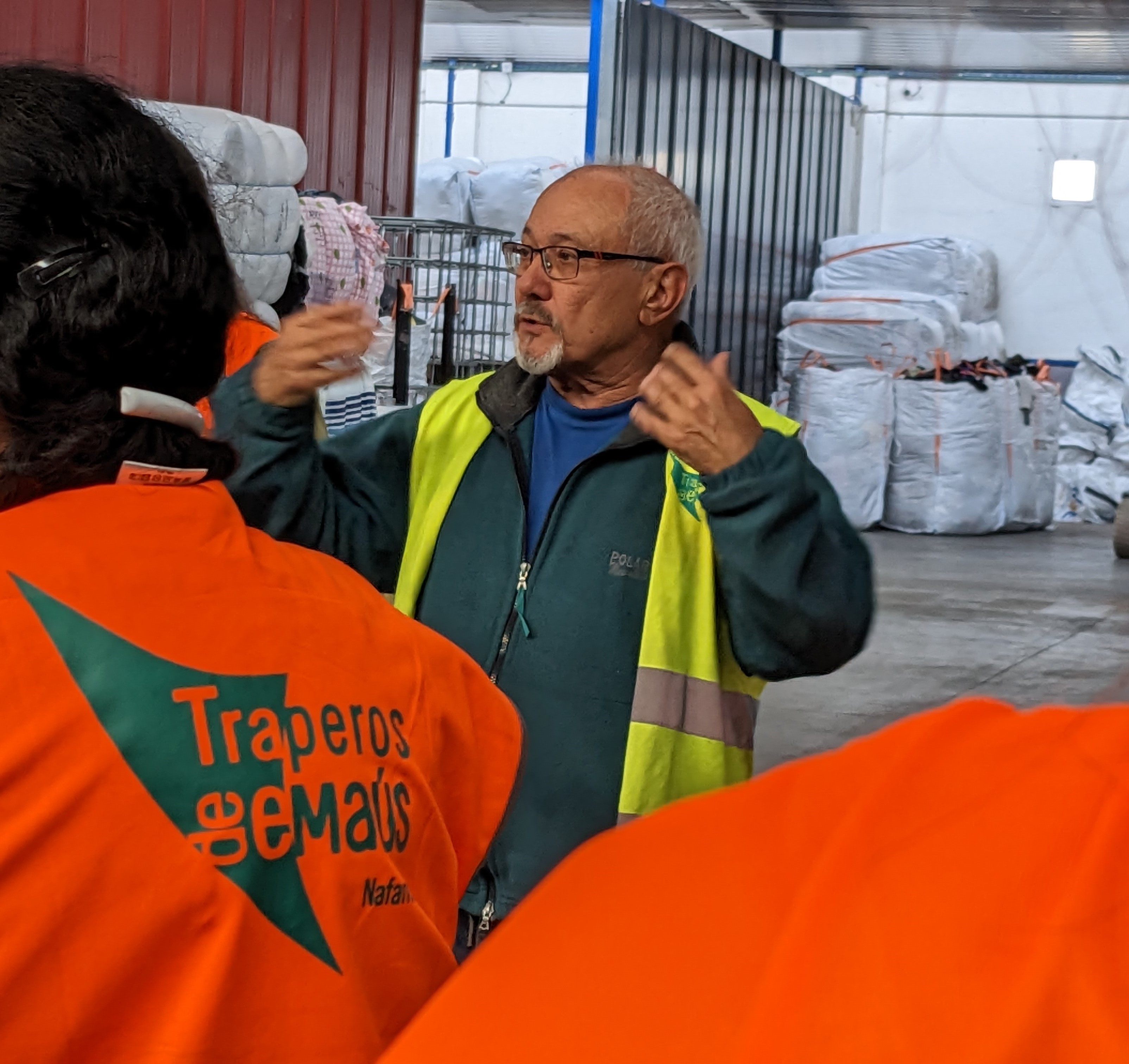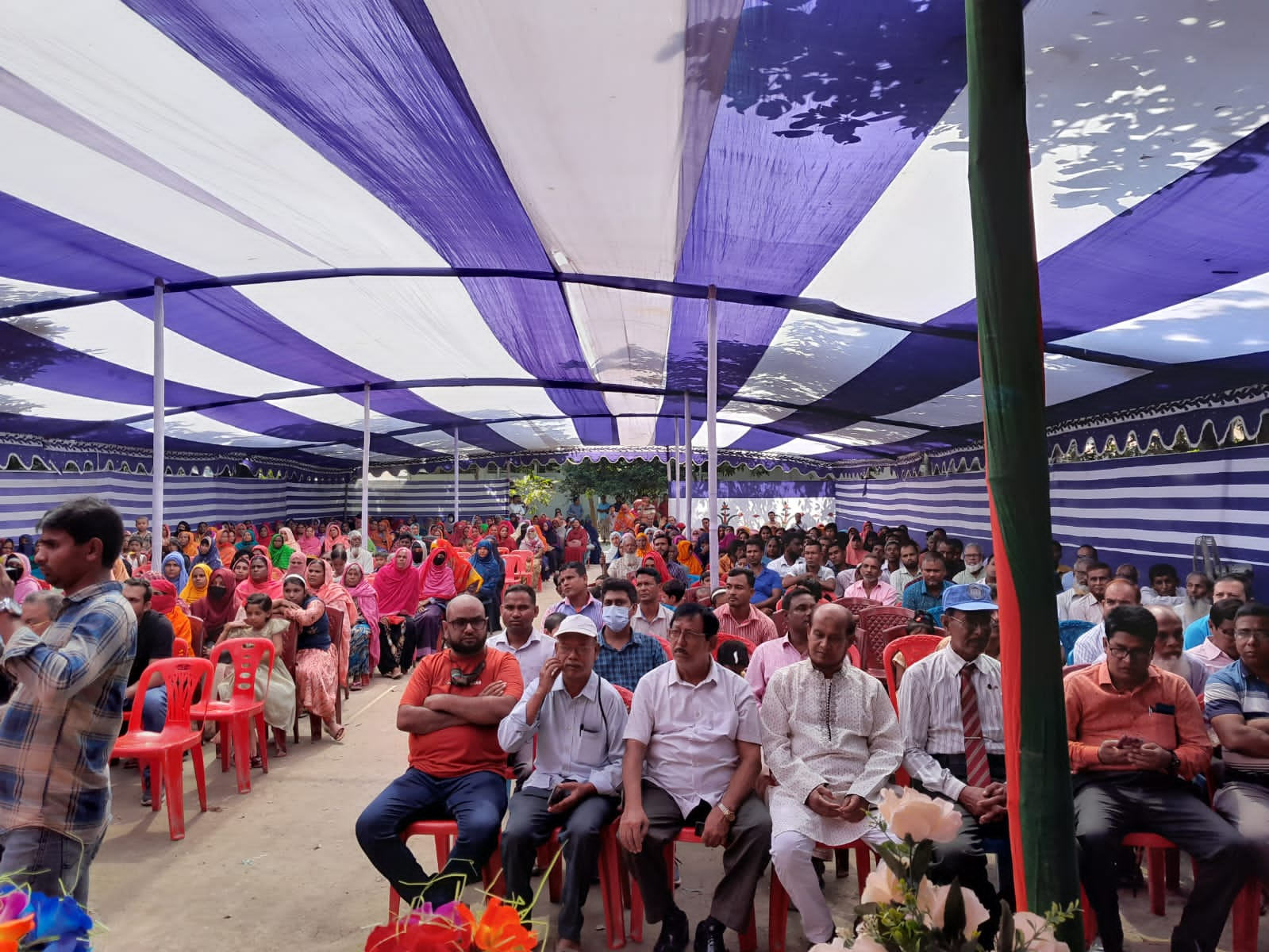José María García Bresó: "The planet does not have infinite resources to provide for waste."

What are your group’s main activities today?
Our main activities are those of the “ragpicker’s trade”. We collect donations, prepare them for re-use and recycle waste (textiles, furniture, electrical and electronic appliances, books, knick-knacks, glass from outlets and paper by container) that we collect throughout Navarre under service provision agreements with public entities. Since the 1980s, we have managed to get local councils to take on board and respect the work of social/solidarity organisations such as Emmaus. Our re-use and recycling work mainly takes place at our Berriozar centre and items that are ready for re-use are sold at affordable prices in our seven second-hand shops located in a number of cities across Navarre.
How is your organisation structured, in terms of the number of companions, volunteers and employees and what are the living and working conditions like for companions (allowances, accommodation, etc.)?
At the moment, there are 300 people working in different areas with a work schedule of 6 hours 15 minutes per day. We don’t differentiate between companions, volunteers or employees, we are all employed on an equal pay basis, without any economic difference based on the level of responsibility involved.
Up until 1992, Traperos de Emaús Navarra was organised around the Belzunce Community, a living and working community where 30 people lived together. From that year onwards, we started welcoming other people experiencing social difficulties to work with us, who didn’t live in the Community. Currently the Community has 20 companions.
Legally, we are a Foundation. We work across different areas, divided into Production (collection and unloading goods, furniture, Waste from Electric and Electronic Equipments (WEEEs), clothing/textiles, knick-knacks/books, sales, collected in the municipality of Estella) and Multidisciplinary (administration, community, training and educational activities, environmental management and waste prevention). Each area is organised in its own way and is managed by one or several coordinators who also make up the General Coordination Group (currently formed of 16 people). This is the group with the highest level of policy and decision-making responsibility in our collective and is responsible for electing or endorsing the Management Board (currently 3 people).
What are the main challenges for Emmaus Navarre in terms of developing its activities and combatting poverty?
In our collective and in line with the Emmaus companions’ rules of living together, we are clear about the real, political intent underlying our work and struggles. In other words, fighting to transform the realities that cause poverty and exclusion, not only in Navarre, but across the entire planet. We note that the paradigm of our current civilisation is colonised by capitalist culture, which sets an expiry date on life. This is a sort of death trap, where the prospect of personal and collective fulfilment is based on consumption, ownership and accumulation of goods, on permanent growth and emulation of the upper classes, on having things and being just like “the rich”.
Our way of life, especially in the rich North and globalised in the form of desire, promotes the feeling that certain goods or services are “a necessity”, although in fact they will never be accessible to the entire world’s population. The planet does not have infinite resources to provide for waste. We live, therefore, in an entrenched and seductive ‘needs’ culture that promotes inequality, rapid consumption of resources and the provision of goods that will never be made universally available.
We are fighting against the causes of this injustice and against social classes, which are determined by economic differences and disparities in terms of accessing goods.
To combat this, we believe that we should follow the path of de-growth, moderation and consistent practices, such as equal pay, work sharing, taking in those who have more difficulties and creating spaces for meaningful participation of male and female colleagues. Our group evaluates and acts in the environment in which we live and we take a stand in global geopolitics against everything that underlies poverty, suffering and injustice which affects historically disadvantaged people.
